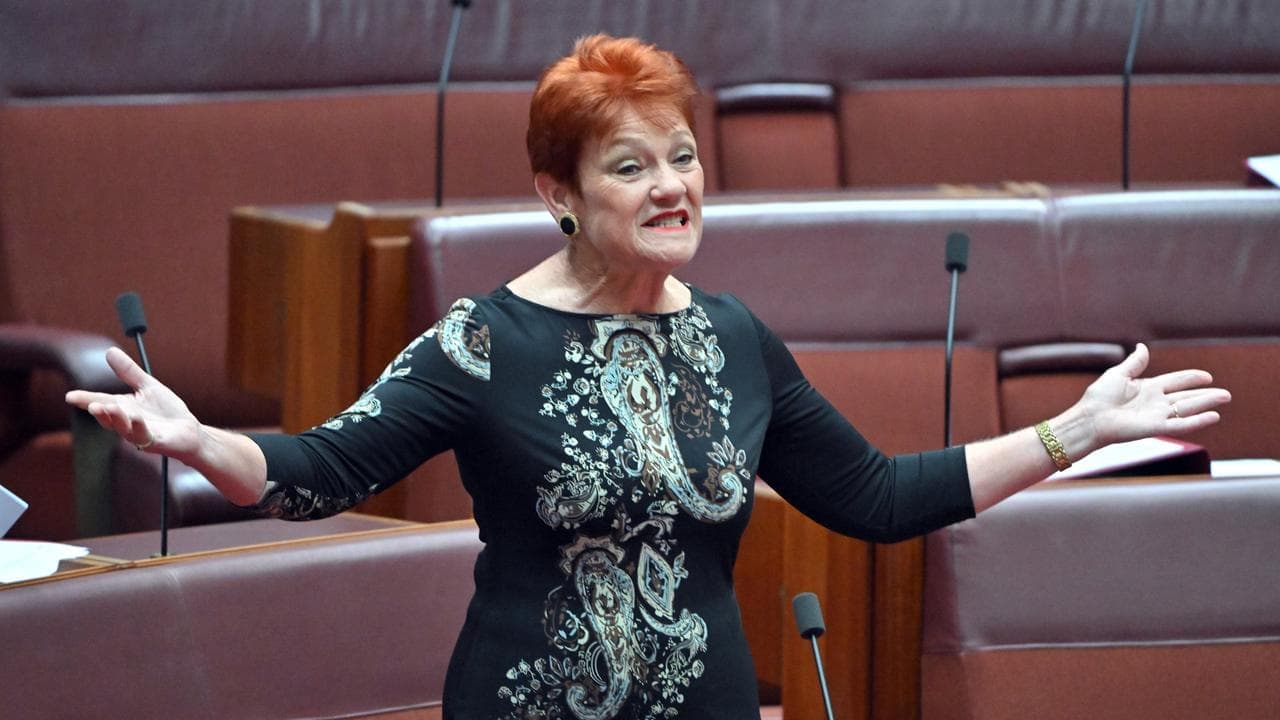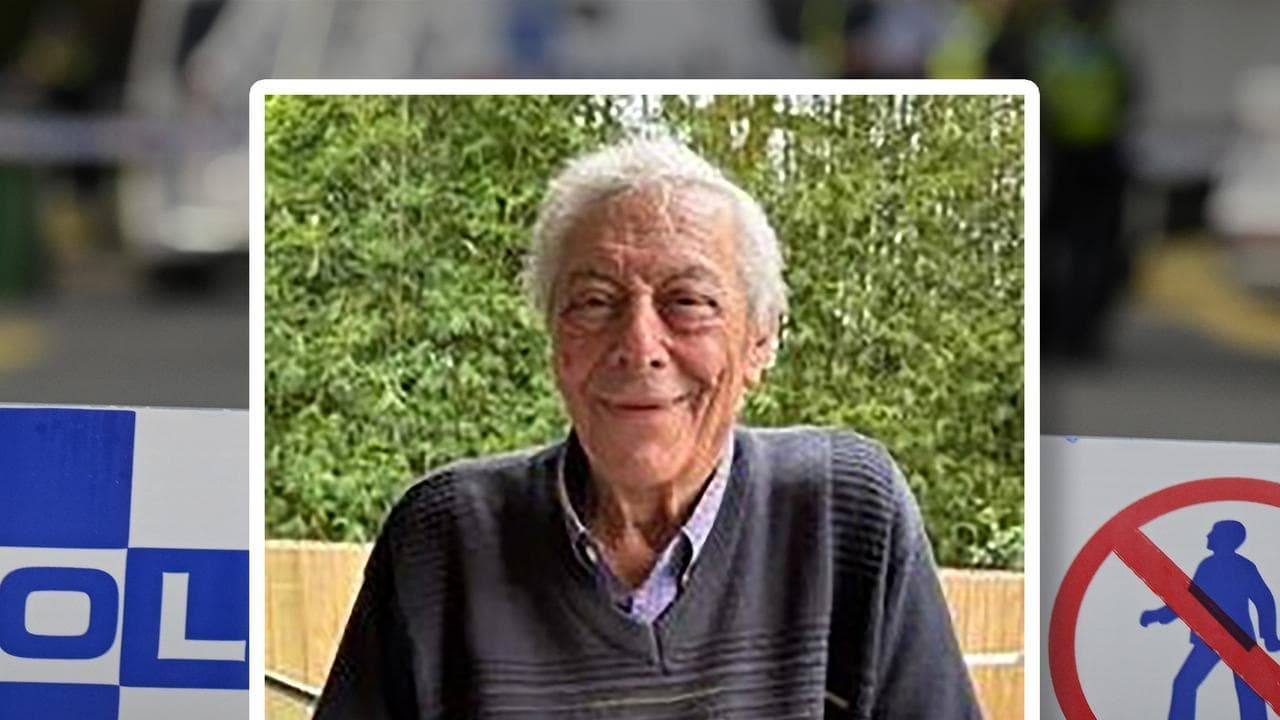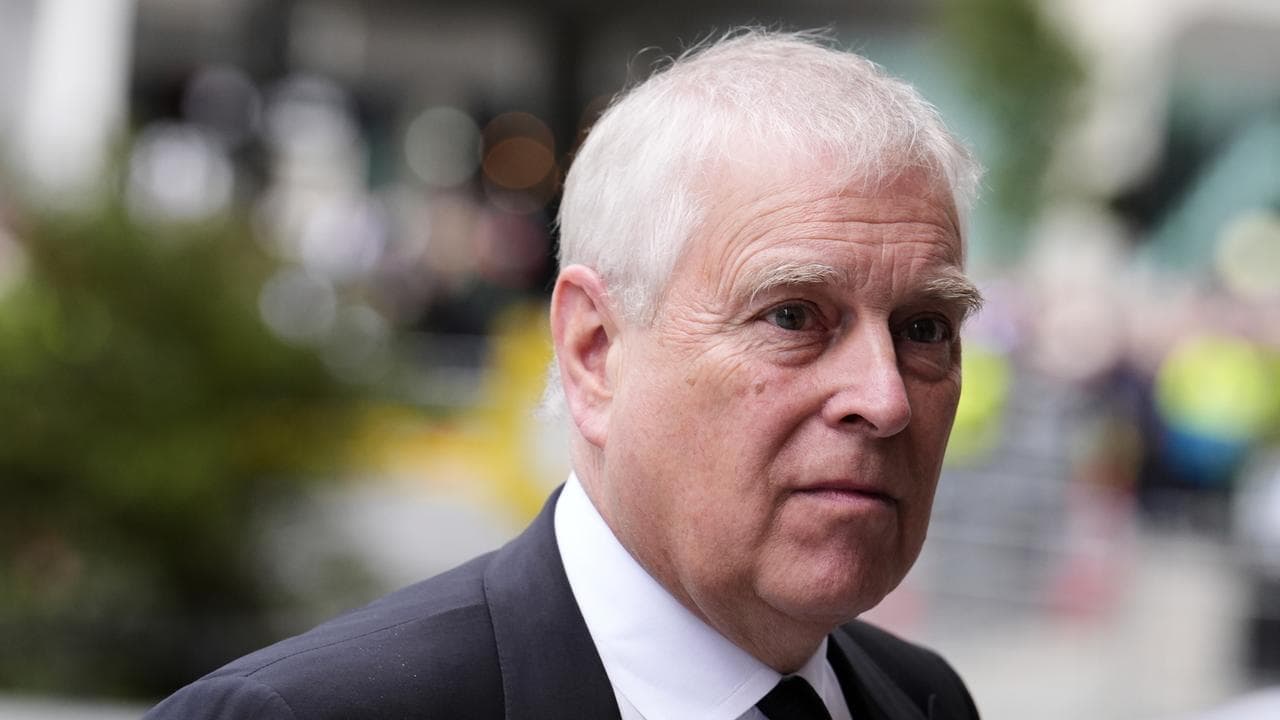WHAT WAS CLAIMED
Respected finance journalist Martin Lewis has spruiked Elon Musk's new investment platform.
OUR VERDICT
False. The video is a deepfake. There is no such investment platform.
A social media video supposedly shows respected finance journalist Martin Lewis promoting Elon Musk's new trading platform, Quantum AI.
But the video is a scam. It is a "deepfake" with artificial intelligence (AI) used to make it appear as if the UK journalist is spruiking the Tesla CEO's scheme.
Lewis has confirmed the video is a deepfake. Musk has not launched a scheme named Quantum AI.
The video has thousands of views having been widely shared across social media, examples here, here, here and here.
"Musk's new project opens up great investment opportunities," Lewis supposedly says in the clip.

Lewis is one of the UK's most respected finance journalists and has been dubbed "the most trusted man in Britain".
The deepfake uses his profile in order to dupe viewers into placing trust in the made-up scheme.
"This is frightening, it's the first deep fake video scam I've seen with me in it," Lewis posted on X, formerly known as Twitter, when notified of the clip earlier this year.
He later told the BBC it had left him feeling sick. adding: "I've had friends of mine get in touch with me at times saying 'hey, I've just put some money in that investment scheme you're advertising'."
It is not the first time the so-called Quantum AI platform has been used in scams. These posts (here and here) use deepfakes featuring US conservative commentator Tucker Carlson. They have been debunked by Reuters.
Experts told AAP FactCheck that AI is the latest tool used by scammers to trick Australians into giving away their personal details and money.
Professor Oli Buckley, a cyber security expert from the University of East Anglia, said the required technology is easily available.
"For example, I can create a clone of someone's voice with 30-60 seconds of audio using any number of websites," Professor Buckley said.
"I did a demo for someone recently... and I was able to clone their voice with a good level of accuracy with a 1 minute recording and an internet connection."
Assistant Professor John Licato, an AI researcher at the University of South Florida, said it was particularly easy to clone audio of famous people given that you only need a few samples.
Prof Buckley said visual generation is not much harder, with numerous pieces of software available online.
"I would say with an hour or so of effort/learning you can get something that was fairly compelling," Prof Buckley said.
When viewing suspected deepfakes, Prof Buckley said it's key to be critical and sceptical.
"Things like unnatural shadows, lighting and skin tones are usually good indicators. Often there will be something that just doesn't feel right when you look at it – as humans we're very good at spotting patterns," he said.
In reference to the video, he added: "Martin Lewis doesn't look quite right, he is very intense in the way that he stares, his head is very static and there feels like a disconnect between what he is saying and his expressions.
"Similarly, Elon Musk constantly looks to his left, more than you would consider natural, and his expressions (particularly around his eyes and eyebrows) don't seem to be normal or natural."
Dr Licato said typical "tells" tend to be blurry or low-quality resolutions which might be used to hide imperfections and strange mouth or body movements.
He added that interrogating the source of the video remains a reliable way to check its authenticity.

HOW TO SPOT A DEEPFAKE ON FACEBOOK - THE RED FLAGS
Treat posts appearing to show well-known figures and celebrities promoting new products with caution if they include more than one of the following features:
* The people speak with unusual pauses, stilted speech patterns or inconsistent accents.
* Their mouth movements aren't in time with their speech, or their facial expressions and movements don't match their speech tone.
* The videos are low-resolution or stutter.
* The source and/or context of the video is unclear.
The Verdict
The claim that UK journalist Martin Lewis spruiked Elon Musk's new investment platform Quantum AI is false.
The video is a deepfake, as confirmed by Lewis. Musk has not launched an investment platform called Quantum AI.
False - the claim is inaccurate.
AAP FactCheck is an accredited member of the International Fact-Checking Network. To keep up with our latest fact checks, follow us on Facebook, Twitter and Instagram.












